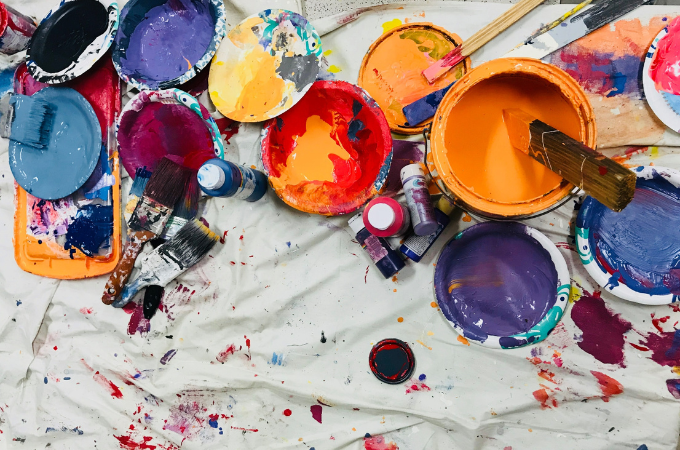
“Aglaia.”
It is my brother again; hovering over me, watching over me, drawing my attention when I least expect it.
“Your hair, Aglaia; it is dipped in the paint.”
I glance down and he is right; ropes of my long dark hair have settled into the acrylic blue I had been dabbling with since morning, working to bring a canvas to life. It is my new passion; working with and struggling to bring life, contrast, details, and meaning to canvas with paint instead of the charcoal and pencil I have been used to my entire life.
Gingerly I lift a dirty rag to my hair and thoroughly, aggressively wipe at the paint, while mentally reminding myself that I have to wash the hair thoroughly later on. Even if I don’t remember, my twin brother, Tochukwu, is there to remind me. He is there to remind me that I am starving myself again, or that I am dreaming too much, or that a particular minute detail in a charcoal rendering is missing, or that the angle of contrast on a work is wrong and needs correction. He literally is like a missing part of me, the critical, attentive part which is surely and definitely missing within my own biological makeup. I am thankful for his constant presence and reminders. I, however, am not deluded to think that others will understand his constant presence beside and around me.
“Do you think this one is good?” I ask him, tentatively. He draws back and gestures at me to draw back like he’s done so we can scrutinize the piece together.
It is a rendering of him, painted with loving care and dedication; me working strenuously to bring his current features to life. It is a gift I intend for our mother Adamma, but I have not hinted at it, not in the least. We have been planning that it should be a stunning surprise for her, one to calm her spirit and draw her out of a place of darkness and desolation my brother and I know she’s headed into. She hides it well, does she, our mother Adamma; she is the forever unfathomable woman whose life in Nigeria’s Entertainment limelight has rendered ever ready with a perfected look of contentment and graciousness that hides away all pain, all sorrow.
“We will present it to her at dinner, ‘ I say, rubbing my chin, regarding the painting again. Are the angels okay? Are they good? I mean, I am just eleven years and feel that I have not gotten to the (mental) sophistication that would aid me to easily analyze my own work with detachment. But then, I am sure that my brother’s dimpled smile is perfectly captured in the piece; his features are popping, “lit”, if I have to say so myself.
“You have to go wash your hair, sis.”
I can see he is apprehensive; tensioned by the prospect of me delivering this stunning gift to our mother. To be honest I am also apprehensive, not only because of the old, raw wounds that would be ripped open in our dearest mother, but also because we are opening ourselves up to her disbelief, to her shock when the enormity of the gift hits her square in the chest. I do hope that she will understand and appreciate the thinking behind the gift, though.
At dinner that night I sit across from mother, picking gingerly at my plate with the eggs that’s neatly folded in the middle of the plate and the generous cuts of chicken breast. I choose the meat over the eggs and nibble at it, while butterflies flutter in the deepest part of my stomach.
“Hey, it is going to be okay,” Tochukwu says, whispering into my right ear, the sound of his mouth so close to my ear sending chills down my spine. I do not respond to him or acknowledge him; I have mastered and perfected the art of ignoring my brother completely in mother’s presence.
“You are not eating.” Apparently, mother has noticed me playing with my meal, tinkering with it, as she often calls it. She seems mildly displeased but also mildly curious.
“I have a gift for you, mother,” I say, addressing her, ignoring her enquiry about my food.
She lifts her arched dark brows at me and then spares a smile. “Can I see?”
She knows I love giving her gifts, and she knows that my gifts are culled from my art, from my mental store of stunning memories and cacophony of feelings which I bring to life in slashes of dark and bright colors on canvass. Without a word I rise to my feet and dash out the dining room, my hands reaching hurriedly for the canvas. I had recently begged her to get me a bigger canvas than the set I was used to, and though she’d been skeptical, she’d finally agreed. This, I had worked on for four solid months, my twin brother freezing in place endlessly, quietly, contentedly, as I worked out the details of his profile and imprinted same on the canvass. Today, mother will see the result of my work.
With the painted canvass hefted above my head in both hands, I return to the dining room and face Adamma squarely. Sweat had broken out on my forehead and giant circles of salty water bead my upper lip. I tremble as I gently lower the canvass before me and turn it to her.
“What?” That is the only word that exits from her mouth; it is a shocked, horrified, awed whisper, one that must have resurrected terrors from within mother. Her right hand has clutched the pendant of the necklace she is wearing; that pendant has my twin’s face imprinted into it.
“Was this a bad idea?” my twin, Tochukwu, whispers frantically in my ear.
“Where did you get this?” mother asks, and this time I can hear the shock in her voice, feel the tremor that ripples through her.
“Tochukwu himself has posed for me for this portrait, mum,” I respond. “We were only thinking about making you happy. For so long you have been so sad, mother.”
Maybe she thinks that I do not notice her all the time staring off into space with that faraway look on her face, or gently picking up and caressing Tochukwu’s stuff. I see her all the time, doing that. Tochukwu has seen her as well. Together, we had discussed at length, looking for a way to ease her pain. Since Tochukwu’s death, we noticed that a light had gone off in her eyes, in her. It is so obvious to see, particularly given the circumstances of Tochukwu’s death. Since his death Tochukwu has been with me, always around me, always by my side, speaking to me and having me read him stories from the endless stack of age-appropriate fiction mother stocks my library with. It was him who had suggested that we try to make mum happy.
“Mum, this is what he would have looked like if he was still alive,” I murmur.
I did not need to have said so. From the look in my mother’s eyes, I can see that she believes so too, she knows so and doesn’t need me to remind her, or tell her. She was his mother, after all.
I stare at her and see tears pooling around her eyelids, then they slip, down her cheeks, in a straight line. She seems stricken, or petrified, like an actress in a horror flick, her look of sheer emotion frozen by the pause of a remote control so a viewer can study her physical profile. In that moment I feel pity for her; an endless, boundless supply of it. Tochukwu is my twin brother. I feel horrible for losing him to death over four years ago and I still feel same till date. What is it like for mother, losing her last child, her quiet little boy with the cherubic face?
“He posed for me, mum,” I whisper, my voice breaking, tears threatening.
Adamma look up at me, or perhaps through me; so vacant is her stare, so terribly distracted. Her mouth hangs open as words form behind her throat. “Is he at least happy where he is?”
Those are her words, words drawn from pain and sorrow and unimaginable loss.
I look over at Tochukwu where he stands, beside me, right beside me, his face lighting up, wreathing with his angelic smile. That is the only answer I need. Is he dead? Yes. Is he happy? He seems so, so perfectly happy and content.
Photo by Taelynn Christopher on Unsplash


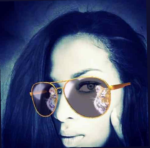
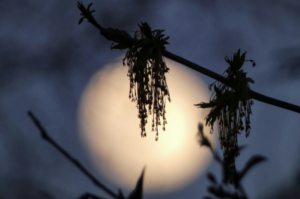
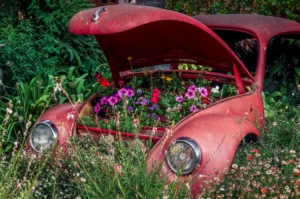
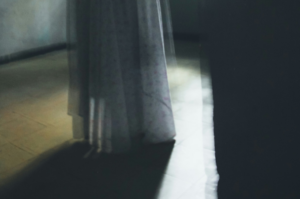
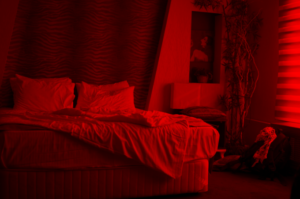
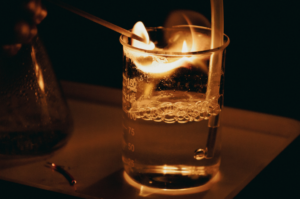
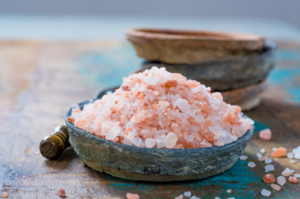

Valentine Chinedu Igolo October 03, 2022 15:25
I enjoyed reading this piece. Very nice!